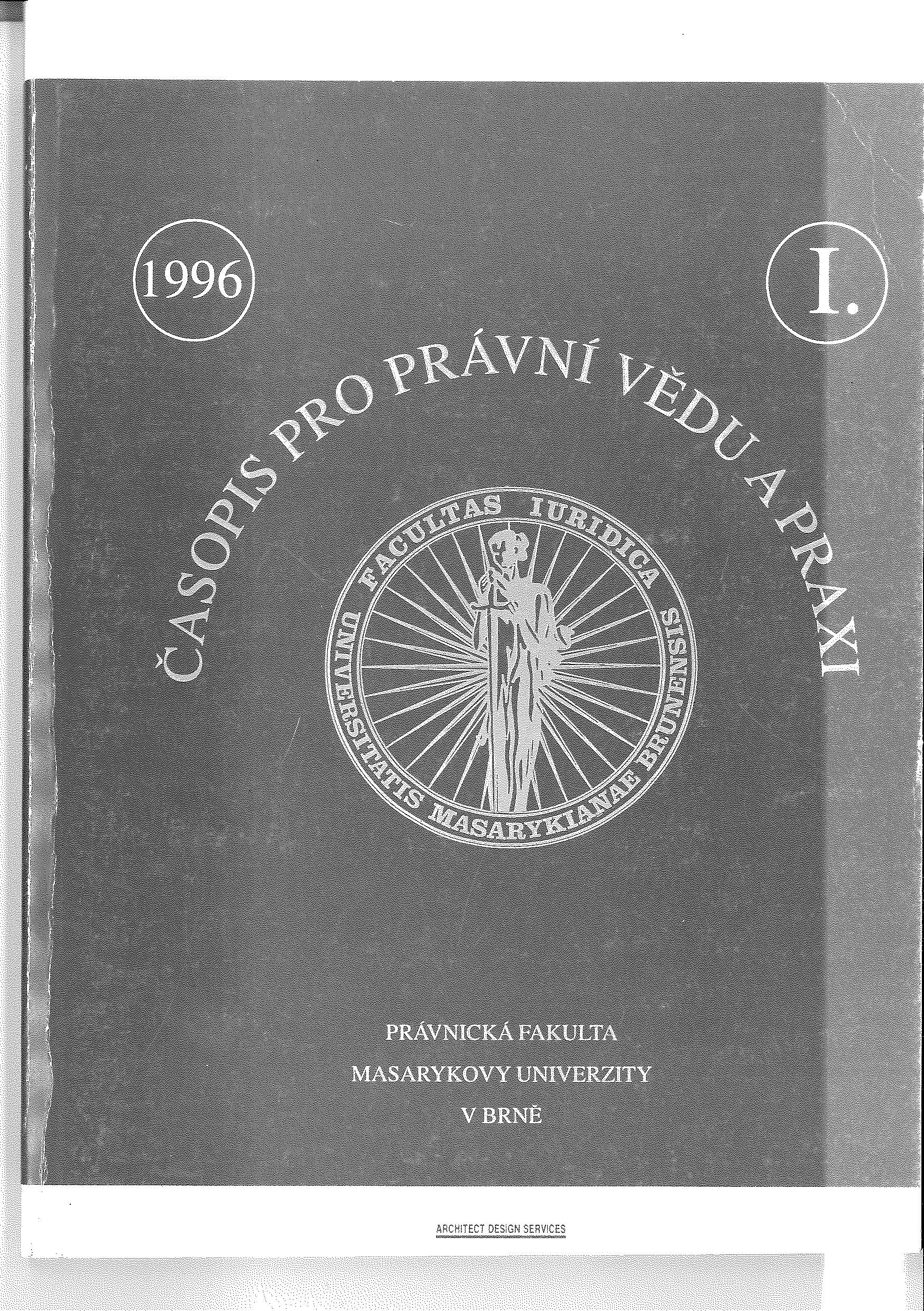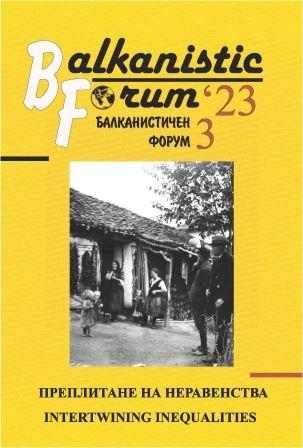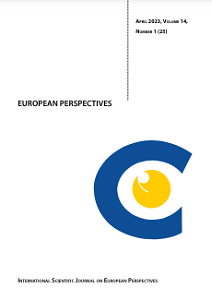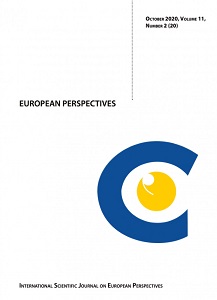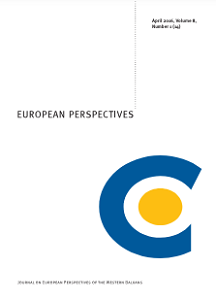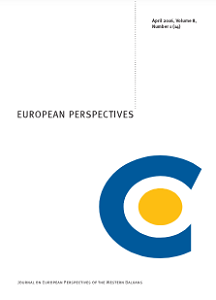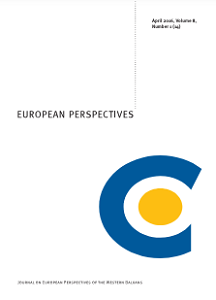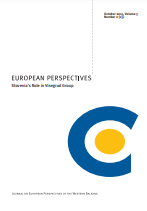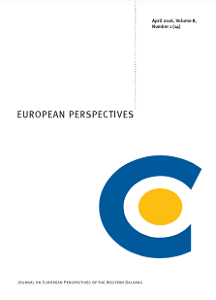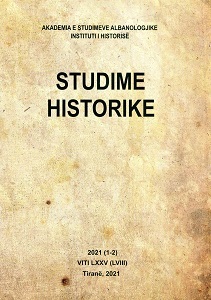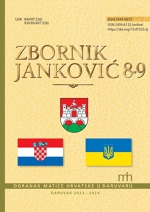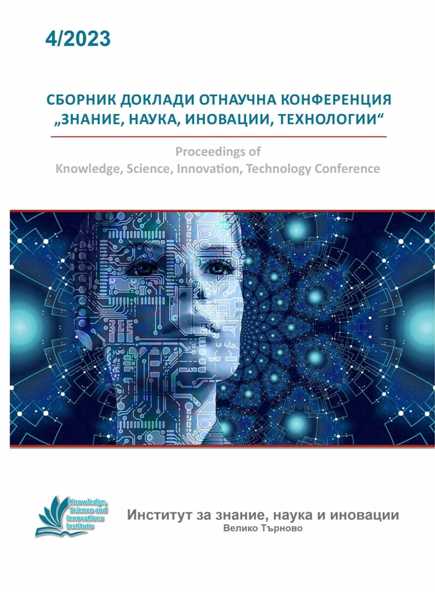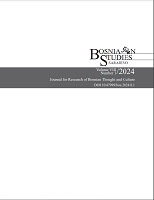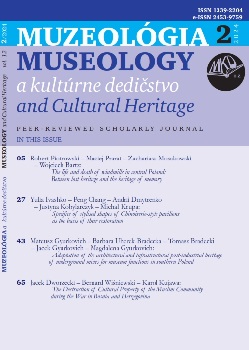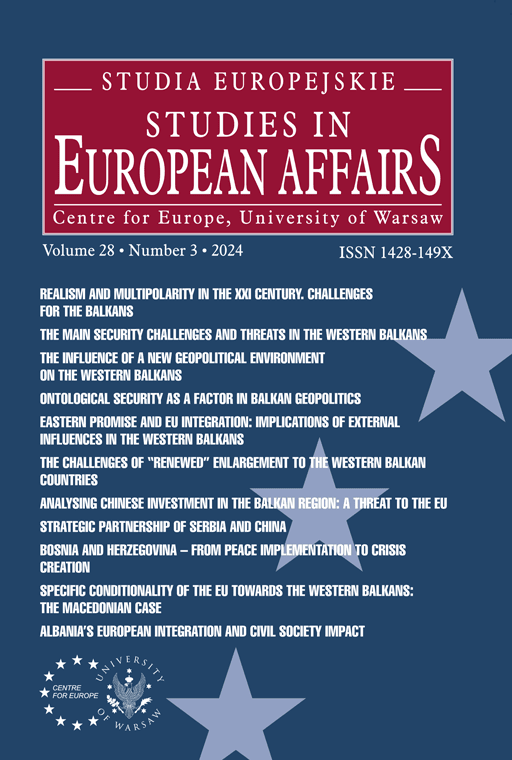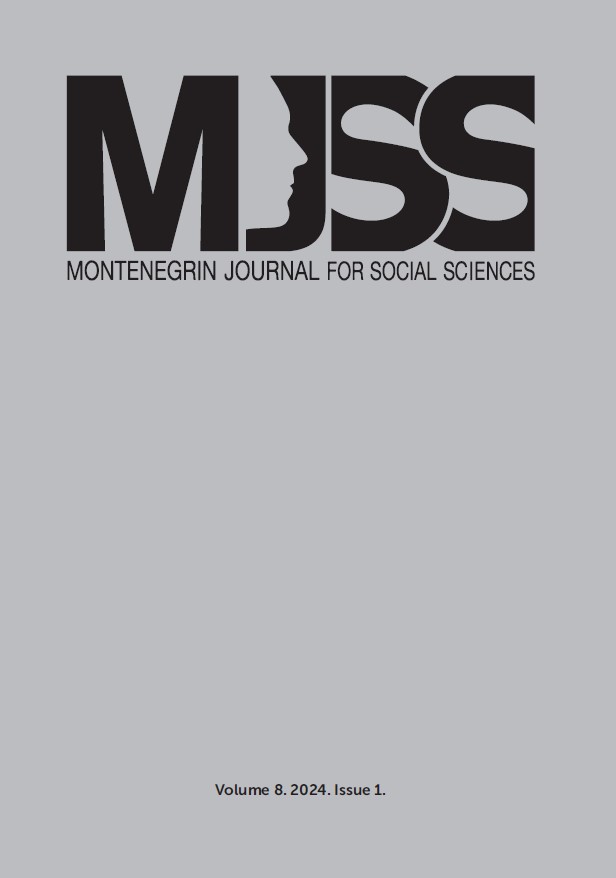Author(s): Merisa Karović-Babić / Language(s): English
Issue: 2/2023
This paper analyzes the historical context of the events that took place in Bosnia and Herzegovina (B&H) during the period of dissolution of the Socialist Federal Republic of Yugoslavia (SFRY), as well as the preparation of the Yugoslav People’s Army (YPA), the Serb and Serbian political leadership in B&H and in Belgrade for armed conflict. To achieve the “strategic goals of the Serb people”, the crime of genocide was committed, as well as other crimes (crimes against the values protected by international law), against the non-Serb, predominantly Bosniak group, in areas that, according to the aforementioned goals, are defined as “strategically important” territory that should become part of the Greater Serbian state. The elimination of borders on the Drina meant the occupation of areas where, according to the 1991 census, the Bosniak population dominated. The establishment of the borders on the Una River also meant the occupation of a large part of the territory of Bosanska Krajina by Serb forces. Ratko Mladić himself, during his presentation at the 16th session of the Assembly of the Serb People in B&H, qualified the realization of the strategic goals as a crime of genocide. The paper also aims to present a historical synthesis of events in B&H during 1992- 1995, with special emphasis on the crimes committed during the occupation of a part of B&H’s territory. However, due to the inability to include, mention and analyze all crimes, only certain segments of crimes, committed from the Drina to the Una, will be presented in the paper, with firstly an analysis of certain orders given by the military and political leadership of the Federal Republic of Yugoslavia (FRY) and the newly created Bosnian-Serb para-state entity, Republika Srpska (RS), and secondly, an interpretation of these crimes in, for example, Ratko Mladić’s notebooks, as well as in numerous other documents of different provenances. Court verdicts and public discourse also dominate topics related to the Genocide in Srebrenica in July 1995, while the genocide committed in B&H in 1992 is only discussed in the context of the final verdicts in the Karadžić and Mladić cases. The paper will draw attention to the prosecution of genocide in other Bosnian and Herzegovinian cities for the period from April to December 1992, based on which one can determine a strong element of the continuity, goals and intentions of an unchanging policy, which reached its culmination during July 1995.
More...
